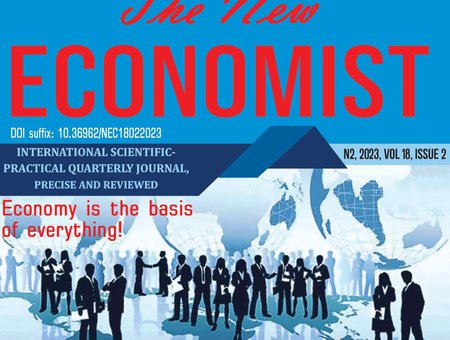Copyright © 2023 the Author/s
Peer review method: Double-Blind
Accepted: June 2, 2023
Published: June 18, 2023
Original scientific article
DOI suffix: 10.36962/NEC18022023-37
From the 90s of the last century, the Republic of Georgia began to exist again as an independent political entity on the world political map. The foreign and domestic policy of the young country faced many challenges and it was necessary to regulate them. On the one hand, the country declared the Western vector, but on the other hand, how it should be able to realize it and whether it would be able to walk firmly on this path or not, was difficult to determine. At the time, the fact that it was unacceptable for the Russian Federation to pursue an independent foreign policy by the former Soviet states was not perceived as an obstacle from the point of view of Georgia in terms of relations with Europe. But, over the years, it appeared that this was not only nostalgia for Russia, and the leaders of the Federation, both by direct military aggression and by using all the methods of fibrid warfare, deliberately worked to prevent Georgia from maintaining its independence and achieving high standards of development. Despite the problems, Georgia, with the great support of its Western partners, managed to bring its relations with Europe to the stage of the Association Agreement. This agreement marks the beginning of a new stage between Georgia and the European Union, and it involves a series of reforms in all spheres of political, economic and social life.



